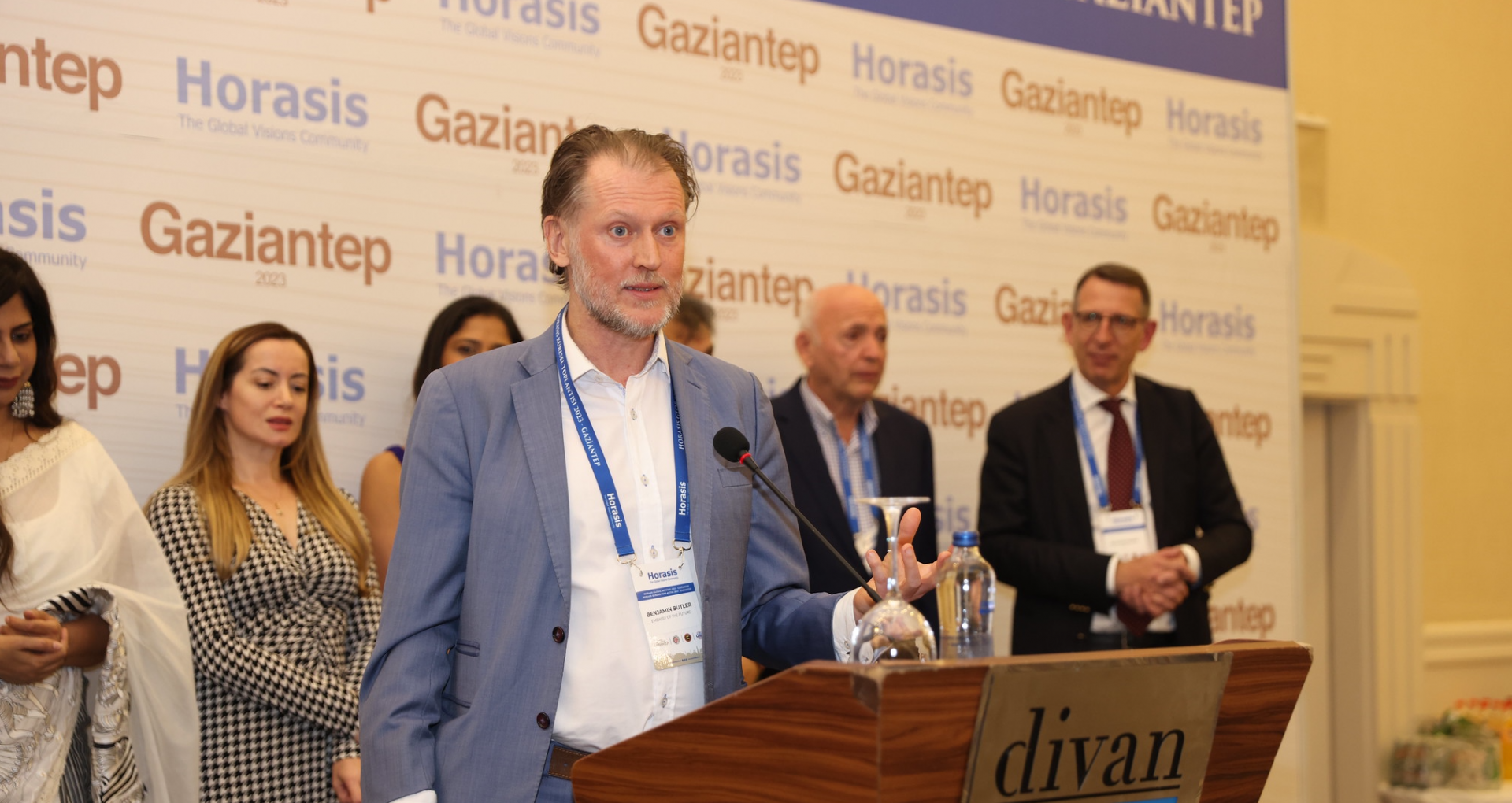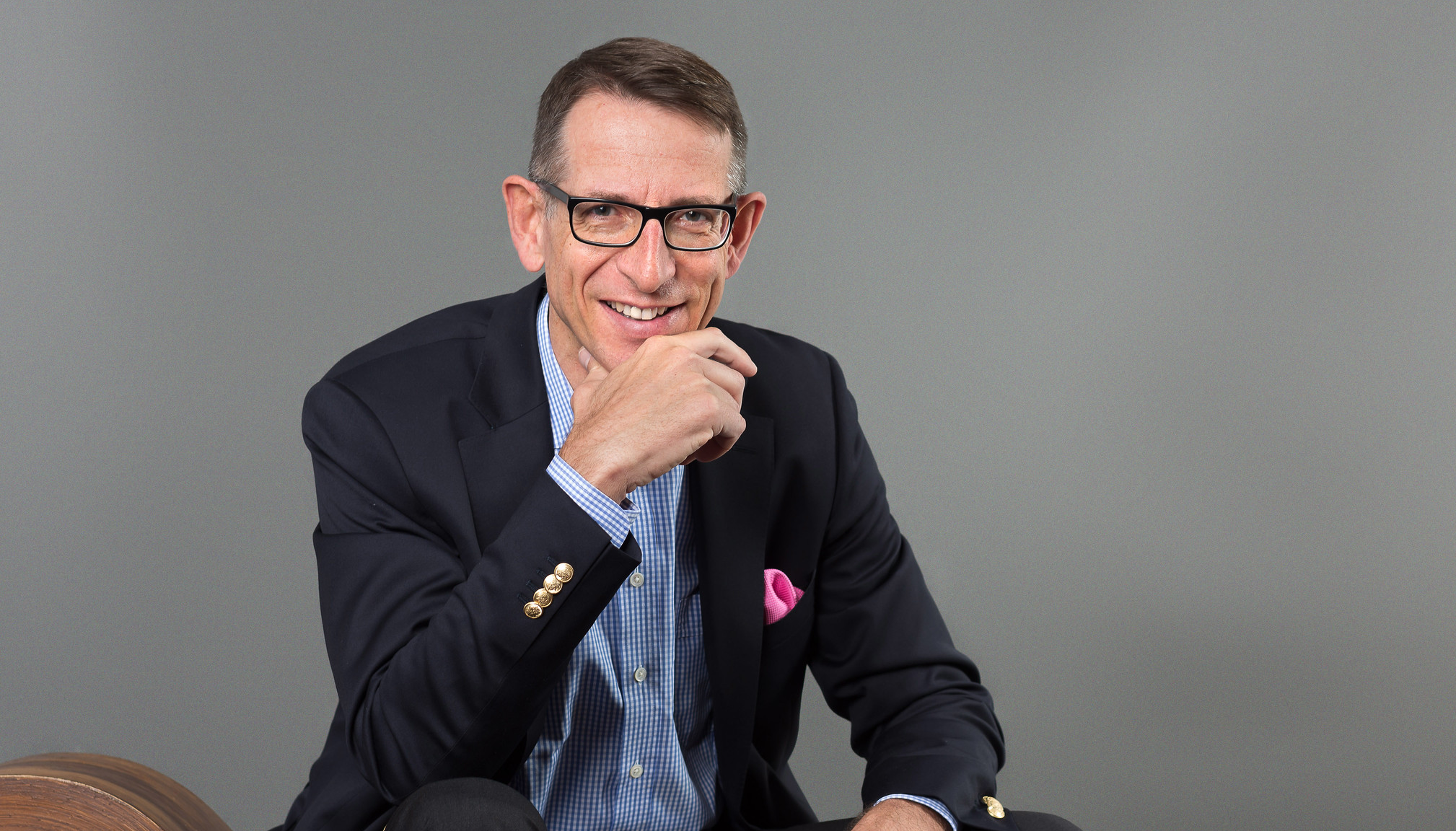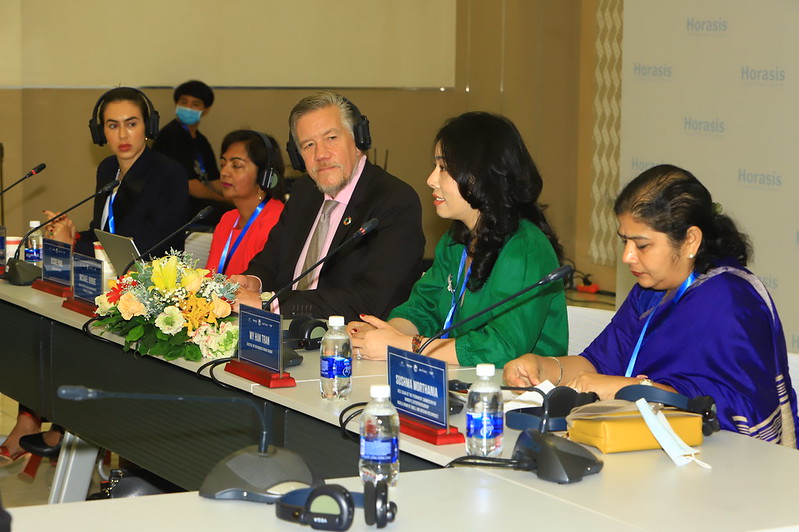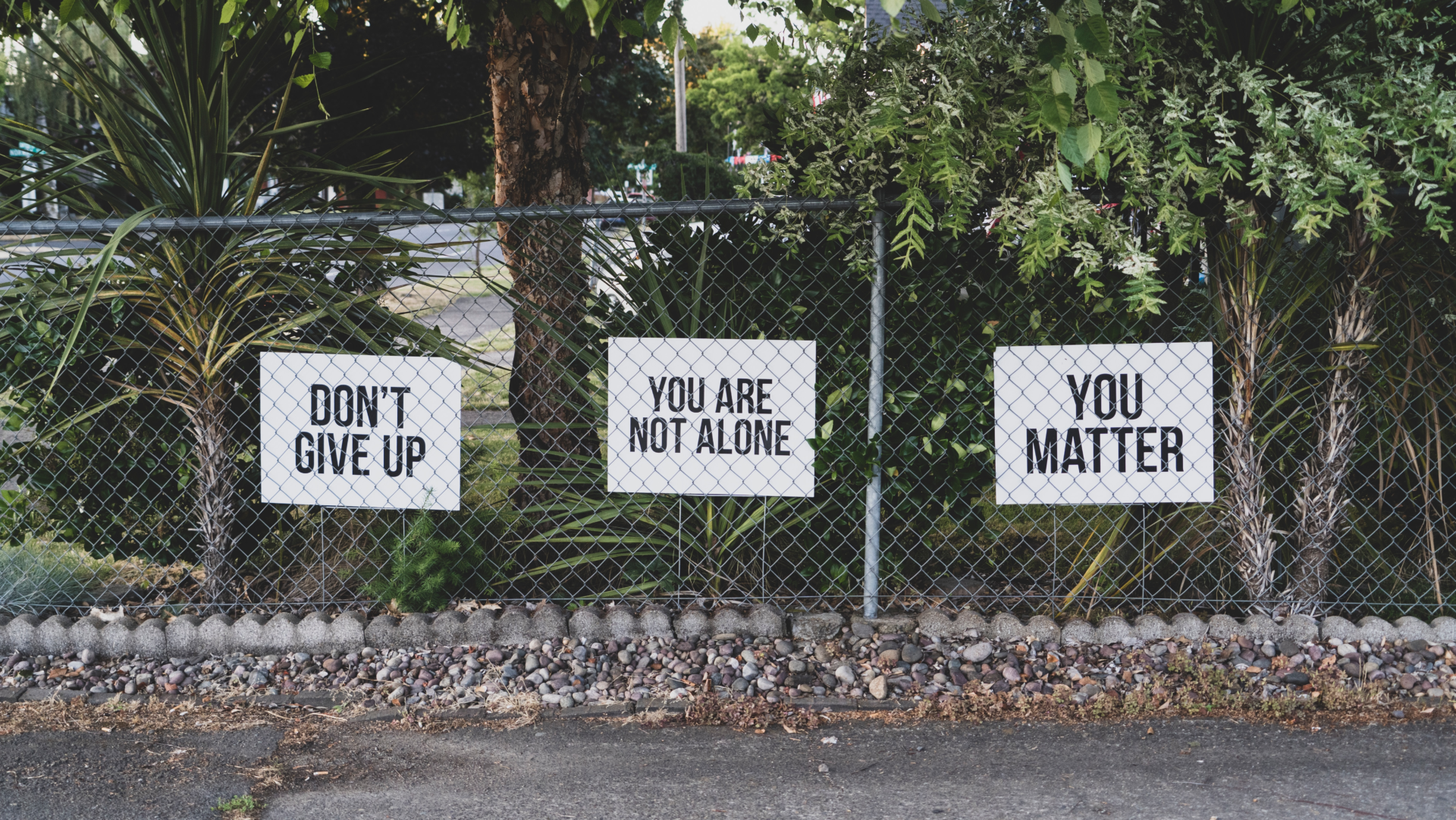Gaia’s Call for a New Civilization
By Benjamin J. Butler, Futurist, Embassy of the Future, Hong Kong
It felt that the Horasis Global Meeting in Gaziantep, Turkey, was destined to be a profound meeting of minds and hearts. Despite suffering from a horrific earthquake across the region and massive influxes of refugees, the hospitality was world class. During the meeting, and afterwards when I led a group on a pilgrimage to the ancient sites around Sanliurfa, I consistently found the people to be warm, gentle and truly authentic.
One of my memorable moments was moderating a panel on the Call of Gaia: Creating an Ecological Civilization. With the backdrop of the Fertile Crescent, and the fact that so many civilizations have existed on these lands, it seemed a very appropriate place to have a dialogue on the future of civilization.
I was joined by a panel with incredible expertise: Sujith Ravindran, Member Board of Directors, Wise EU Foundation, The Netherlands on conscious leadership; Sheri Herndon, Founder, Viriditas Consulting, USA on social architecture; Osman Turkman, Chief Executive Officer Renewables, UNIT Group, Belgium on energy technology and waste; Kamuran Ucar, Founder, BonaLiva, Türkiye on social inequalities; Alice Bouman-Dentener, Co-founder, Cansu Global, The Netherlands on biology, and Jojo Mehta, Co-Founder & Executive Director, Stop Ecocide International, United Kingdom on legal frameworks.
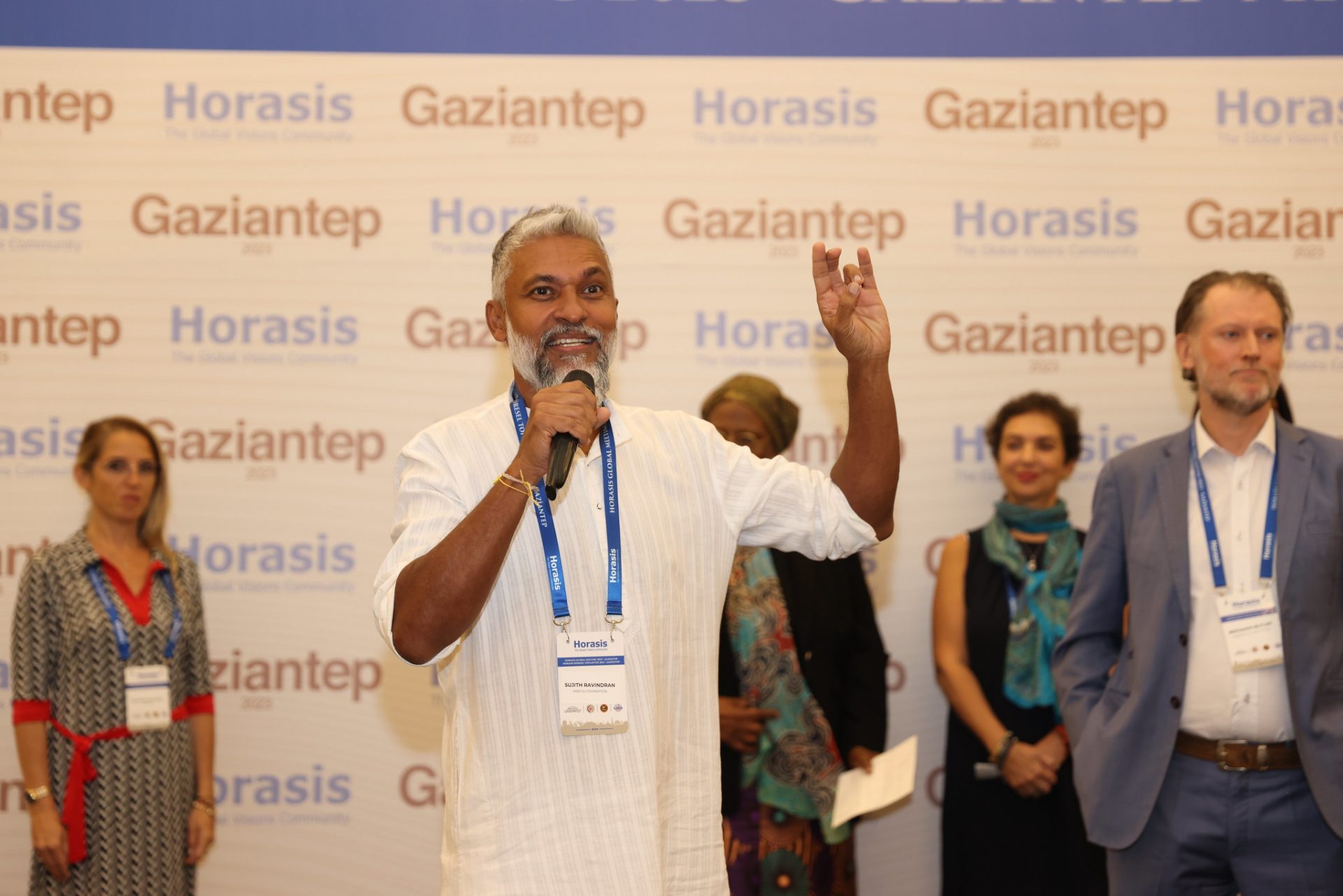
Not for a moment were we blindly utopian. We recognised the enormity of the moment: we are facing ecological collapse, societal inequalities which could catalyse further discord or revolution, geopolitical earthquakes and war, the dangers of the misuse of technology like AI and of course economic fragility. We are sitting at 90 seconds before midnight on the doomsday clock.
But just as dark nights of the soul at an individual level are unique opportunities for transformation, humanity at the collective level now faces an opportunity. The unravelling of the old and the emergence of something new could be a poignant moment of history. A new civilization doesn’t mean merely passing the baton of power from the Anglo-American Empire to China or a shift to a multipolar world. Nor does it mean us all just buying electric cars and shifting to renewable energy. Maintaining the same energy input without other behavioural change will still likely collapse our eco systems. And maintaining our current organisational , economic and governance structures will collapse our social systems.
What is being required of us is a complete rethink of our civilization and what it means to be human living on this planet Earth.
Sheri Herndon said that this is an “historic opportunity to shift from an outdated worldview… Let us consciously choose the foundational worldview of an ecological civilization where we recognize and design, knowing we are all connected and interdependent.”
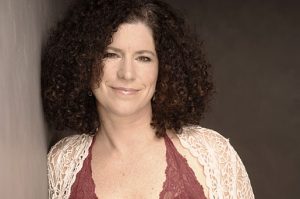
The good news is that at the frontiers of many fields are ways of thinking that are more rooted in ecology: corporate governance through self-organising systems, design through biomimicry harnessing 3.5 billion years of nature’s R&D, community action inspired by mycelial networks, regenerative economics moving away from only growth, permaculture farming focusing on the underlying health of soil and of course philosophy and religion. Every major religion has made statements on the importance of earth and ecology such as Pope Francis’ laudato si on care for our common home.
Many interventions were discussed: Sujith Ravindran believes that leaders need to cultivate wisdom and become more conscious. Osman Turkman is an evangelist for “RRR”. This is to reduce consumption, harness renewable energy and reuse materials so that the human race can reintegrate into the balanced ecosystems of nature. Jojo Mehta’s solution is very elegant and powerful: make ecocide illegal on the same level as homicide and genocide, harnessing the power of the legal system.
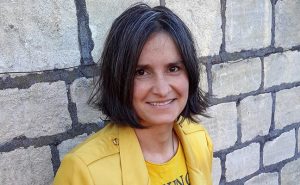
Kamuran Ucar thinks we need to address income inequalities. I suggested we need to rekindle our love and reverence for the Gaia by becoming indigenous again. One of the approaches I use is to encourage and lead vision walks or pilgrimages into the natural world as well as spending time with indigenous people who constantly sing songs and tell stories for Gaia, or Pachamama. Alice Bouman-Dentener and I both called for abandoning GDP for new ‘beyond GDP’ measures. GDP targets – as well as corporate profits – has become like an errant algorithm whereby an AI is devouring the planet, and our societies, just because we have inputted the wrong goals.
In addition to our panel calling for a civilizational rethink, Sujith Ravindran and I led morning contemplation sessions where we used meditation, poetry from these lands, musical prayers from the Amazon, visualisation and group dialogue to prepare ourselves for the busy day ahead.
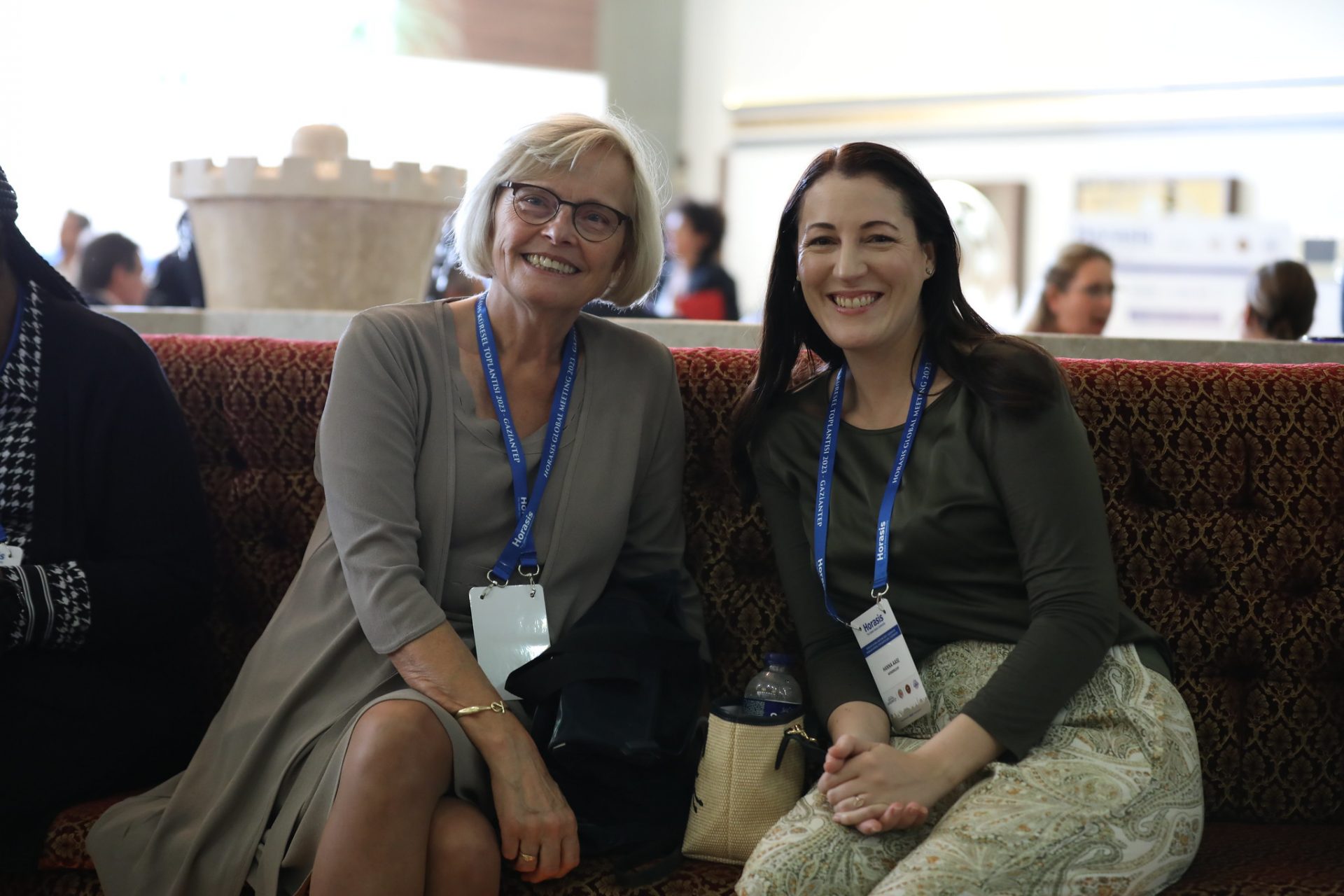
So we strived to open our minds and hearts before we interacted with all the other participants at the Horasis Visions Community. It was encouraging that so many serious leaders were touched by these sessions, and agreed on the need for not merely mindfulness in organisational spaces, but heartfulness.
Despite the litany of challenges our species and the planet faces, I believe that we departed Gaziantep and the Horasis Global Meeting with a great deal of hope and passion for building an ecological, maybe even Gaian, civilization.
